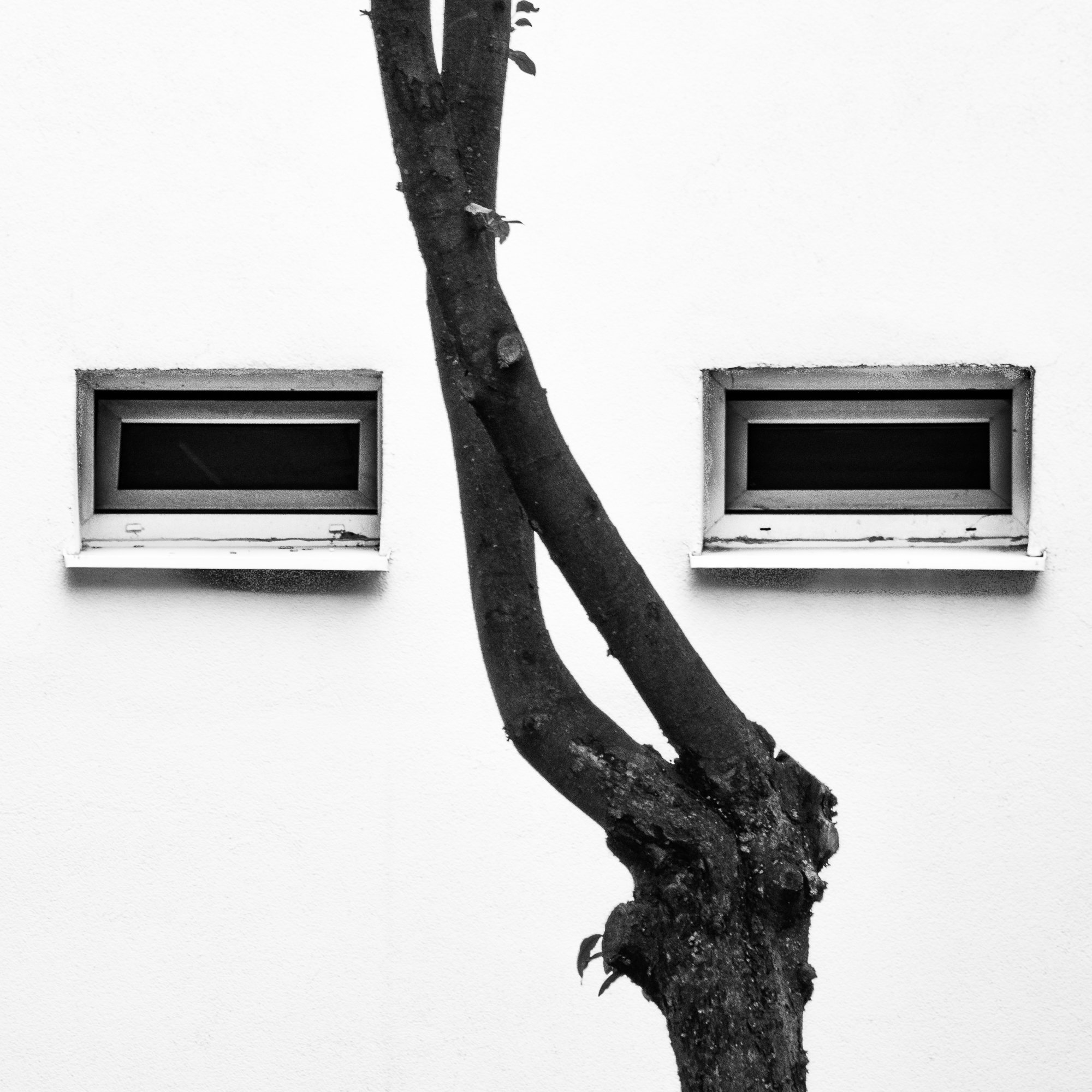Frank Capra’s movie “Lost Horizon” is a masterpiece.
It has a unique history. Made in 1937 with robust impetus is a legend among all American films. Its plot takes place in the exotic paradise called “Shangri-La.” In this eternal land, the time has stopped. Based on a best-seller novel written by James Hilton, it had its premiere in 1937. Initially, it lasted for 132 minutes.
During World War II, the censorship cut the movie for 24 minutes to mute its pacifistic message.
Archivist Robert Gitt spent more than 25 years of his life to reconstitute the original version of the film. He was researching in film libraries all over the world. In spite of his efforts, several scenes of the original movie are still missing. In the version which I was watching, only the dialogues represent missing movie scenes.
What is so astonishing in this masterpiece?
It shows us the lost world with probably one of the most pacifistic messages ever. Five people are stumbled into strange Tibetan land where health, peace, and longevity reign. It is the area where people live for a thousand years, free from all earthly ills, in a land of perpetual sunshine.
On the other hand, when I saw Frank Capra’s masterpiece, I recall myself Stanislaw Lem’s book “Dialogs.”
In this collection of philosophical essays, we are brought down to the earth. Lem’s book possesses a lot of futuristic aspects. Nevertheless, the story proves to us that there will never be the perfect place and society in this world. There will always be social inequalities, injustice, and evil on our planet. The vision of the beautiful land called: “Shangri-La” is very tempting. Nevertheless, I am sure that a human’s civilization will never create such a paradise.
People are not capable of creating an ideal social system.
In conclusion, I want to express my amazement of how we can relate some masterpieces from a different kind of Art (e.g., cinema vs. literature). Moreover, it is incredible how can we cross-analyze Artworks in our mind and imagination.
